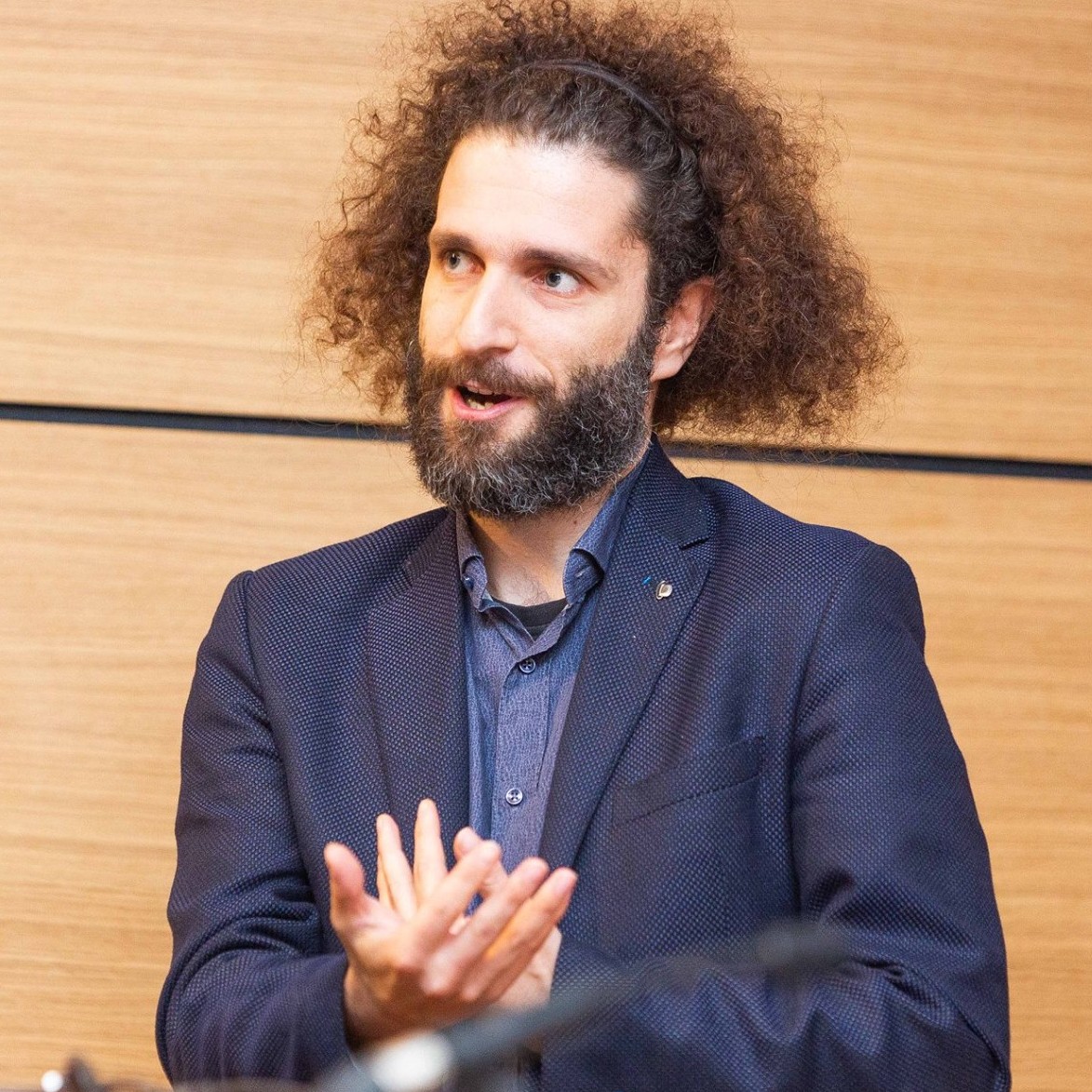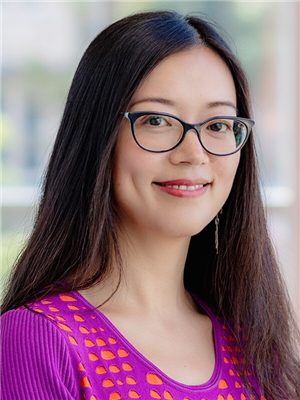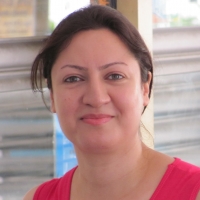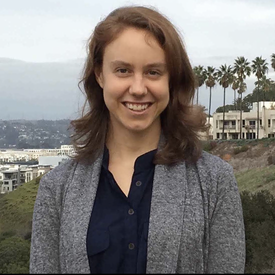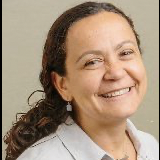Program
Schedule (EDT)
6:00-6:15 Opening remarks
6:15-7:00 Invited talk - Meta-Learning for few-shot learning in NLP - Andreas Vlachos
7:00-7:20 Contributed talk - Don't Miss the Labels: Label-semantic Augmented Meta-Learner for Few-Shot Text Classification
7:20-7:40 Contributed talk - Learning to Bridge Metric Spaces: Few-shot Joint Learning of Intent Detection and Slot Filling
7:40-8:00 Contributed talk - Meta-Reinforcement Learning for Mastering Multiple Skills and Generalizing across Environments in Text-based Games
8:00-8:20 Contributed talk - Few-Shot Event Detection with Prototypical Amortized Conditional Random Field
8:20-8:40 Contributed talk - Meta-Learning for Improving Rare Word Recognition in end-to-end ASR
8:40-9:00 Contributed talk - Minimax and Neyman–Pearson Meta-Learning for Outlier Languages
9:00-9:15 Coffee break
9:15-10:00 Invited talk - Meta-learning for dialog systems - Zhou Yu
10:00-10:45 Invited talk - Learning-to-learn through Model-based Optimization: HPO, NAS, and Distributed Systems - Eric Xing
10:45-11:00 Coffee break
11:00-11:20 Contributed talk - Soft Layer Selection with Meta-Learning for Zero-Shot Cross-Lingual Transfer
11:20-11:40 Contributed talk - Zero-Shot Compositional Concept Learning
11:40-12:00 Contributed talk - Few Shot Dialogue State Tracking using Meta-learning
12:00-13:00 Poster session
13:00-13:15 Coffee break
13:15-14:00 Invited talk - Few-Shot Learning to Give Feedback in the Real World - Chelsea Finn
14:00-14:45 Invited talk - Learning from Annotation Guideline: A case study on Event Extraction - Heng Ji
14:45-15:00 Closing remarks
Accepted Papers - Talk
Soft Layer Selection with Meta-Learning for Zero-Shot Cross-Lingual Transfer
Weijia Xu, Batool Haider, Jason Krone and Saab Mansour
Meta-Reinforcement Learning for Mastering Multiple Skills and Generalizing across Environments in Text-based Games
Zhenjie Zhao, Mingfei Sun and Xiaojuan Ma
Zero-Shot Compositional Concept Learning
Guangyue Xu, Parisa Kordjamshidi and Joyce Chai
Cross submissions/presentations - Talk
Meta-Learning for Improving Rare Word Recognition in end-to-end ASR [ICASSP 2021]
Florian Lux and Ngoc Thang Vu
Few Shot Dialogue State Tracking using Meta-learning [EACL 2021]
Saket Dingliwal, Shuyang Gao, Sanchit Agarwal, Chien-Wei Lin, Tagyoung Chung and Dilek Hakkani-Tur
Few-Shot Event Detection with Prototypical Amortized Conditional Random Field [ACL 2021 findings]
Xin Cong, Shiyao Cui, Bowen Yu, Tingwen Liu, Wang Yubin, and Bin Wang
Minimax and Neyman–Pearson Meta-Learning for Outlier Languages [ACL 2021 findings]
Edoardo Maria Ponti, Rahul Aralikatte, Disha Shrivastava, Siva Reddy and Anders Søgaard
Don't Miss the Labels: Label-semantic Augmented Meta-Learner for Few-Shot Text Classification [ACL 2021 findings]
Qiaoyang Luo, Lingqiao Liu, Yuhao Lin, and Wei Emma Zhang
Learning to Bridge Metric Spaces: Few-shot Joint Learning of Intent Detection and Slot Filling [ACL 2021 findings]
Yutai Hou, Yongkui Lai, Cheng Chen, Wanxiang Che, and Ting Liu
Accepted Papers - Posters
Multi-Pair Text Style Transfer for Unbalanced Data via Task-Adaptive Meta-Learning
Xing Han and Jessica Lundin
On the cross-lingual transferability of multilingual prototypical models across NLU tasks
Oralie Cattan, Sophie Rosset and Christophe Servan
Meta-Learning for Few-Shot Named Entity Recognition
Cyprien de Lichy, Hadrien Glaude and William Campbell
Multi-accent Speech Separation with One Shot Learning
Kuan Po Huang, Yuan-Kuei Wu and Hung-yi Lee
Semi-supervised Meta-learning for Cross-domain Few-shot Intent Classification
Yue Li and Jiong Zhang
Meta-learning for Classifying Previously Unseen Data Source into Previously Unseen Emotional Categories
Gaël Guibon, Matthieu Labeau, Hélène Flamein, Luce Lefeuvre, and Chloé Clavel
Accepted extended abstract - Posters
Meta-learning for Task-oriented Household Text Games
Zhenjie Zhao and Xiaojuan Ma
Meta-learning for downstream aware and agnostic pretraining
Hongyin Luo, Shuyan Dong, Yung-Sung Chuang and Shang-Wen Li
